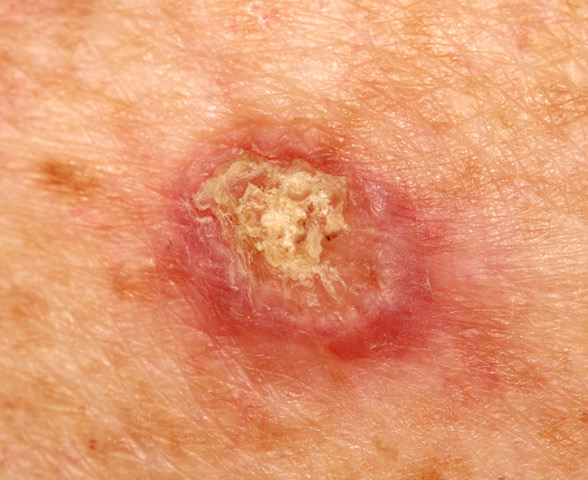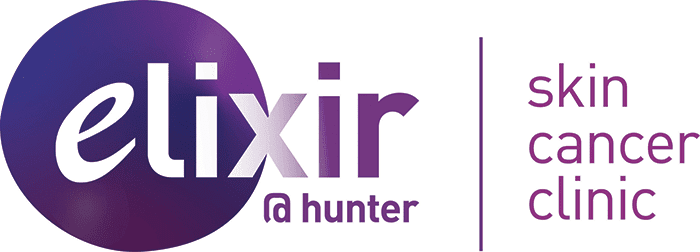Understanding skin cancer treatment success rates [Explained]

Skin cancer is a prevalent and concerning health issue worldwide. While prevention and early detection are crucial, it’s also essential to understand the success rates of skin cancer treatments. Advances in medical technology and treatment options have significantly improved the outlook for individuals diagnosed with skin cancer. Let’s understand the factors that influence skin cancer treatment success rates and the various treatment options available.

Early detection is key and hence it is recommended that if you notice any changes in your skin, consult with a skin cancer doctor as early as possible. We are a Skin Cancer Clinic in Maitland and we treat patients from Maitlaind, Newcastle & surrounding areas.
Factors influencing skin cancer treatment success rates
Type and Stage of Skin Cancer: The type and stage of skin cancer play a significant role in determining treatment success. Non-melanoma skin cancers such as basal cell carcinoma and squamous cell carcinoma often have high success rates, especially when detected early. Melanoma, a more aggressive form of skin cancer, has varying success rates depending on the stage at diagnosis.
Early Detection: Early detection is key to successful skin cancer treatment. Regular self-examinations and professional screenings help identify skin cancer in its initial stages, when treatment is most effective. The earlier the cancer is detected, the higher the chances of successful treatment.
Treatment Modality: Different skin cancer treatments yield varying success rates. These modalities include surgical excision, Mohs surgery, radiation therapy, cryotherapy, topical treatments, and immunotherapy. The choice of treatment depends on the type, stage, and location of the cancer.
Patient Health and Immune System: The overall health of the patient and the strength of their immune system impact treatment success. A robust immune response can aid in fighting cancer cells and reducing the risk of recurrence.
Skin Cancer Treatment Success Rates by Type
Basal Cell Carcinoma: With early detection, surgical excision or Mohs surgery has a high success rate of over 95%. These treatments offer excellent outcomes while minimising scarring.
Squamous Cell Carcinoma: When detected early, surgical removal boasts success rates of around 90%. Advanced cases may require additional treatments, such as radiation or chemotherapy.
Melanoma: Treatment success rates for melanoma vary widely depending on the stage. Localised melanomas have a high success rate, often above 95%, with surgical removal. Advanced cases might involve a combination of surgery, immunotherapy, and targeted therapy.
Skin cancer treatment success rates have improved significantly due to advancements in medical knowledge and technology. Early detection, prompt intervention, and the choice of appropriate treatment are vital in achieving favourable outcomes.
